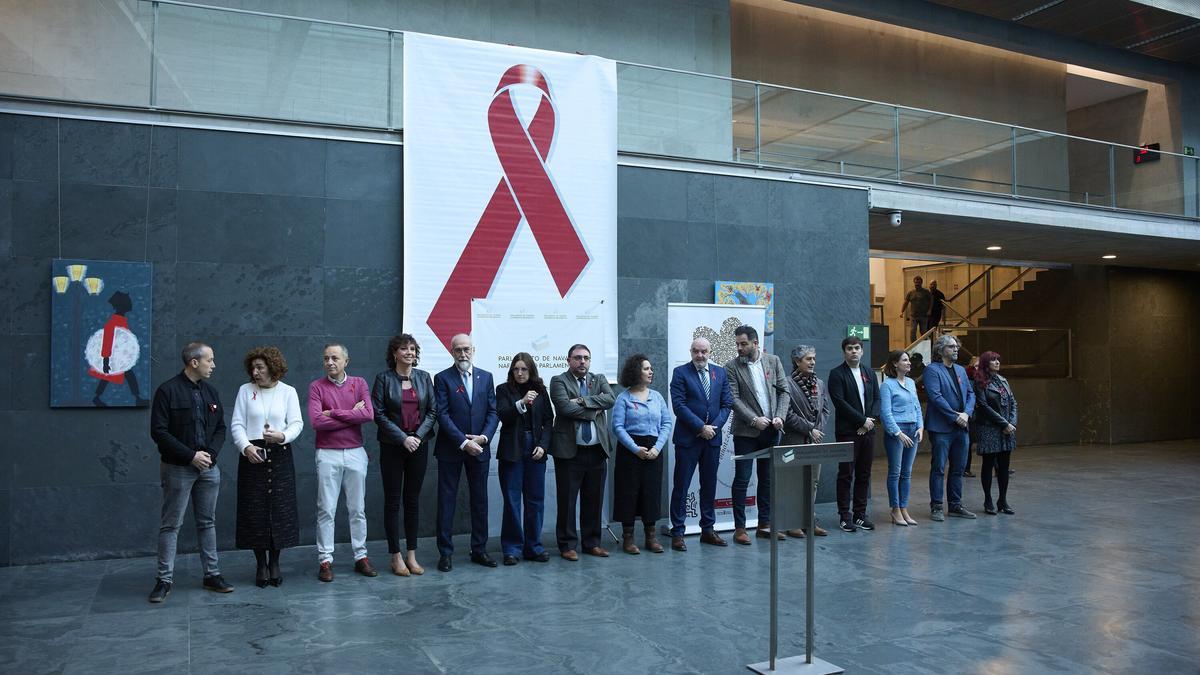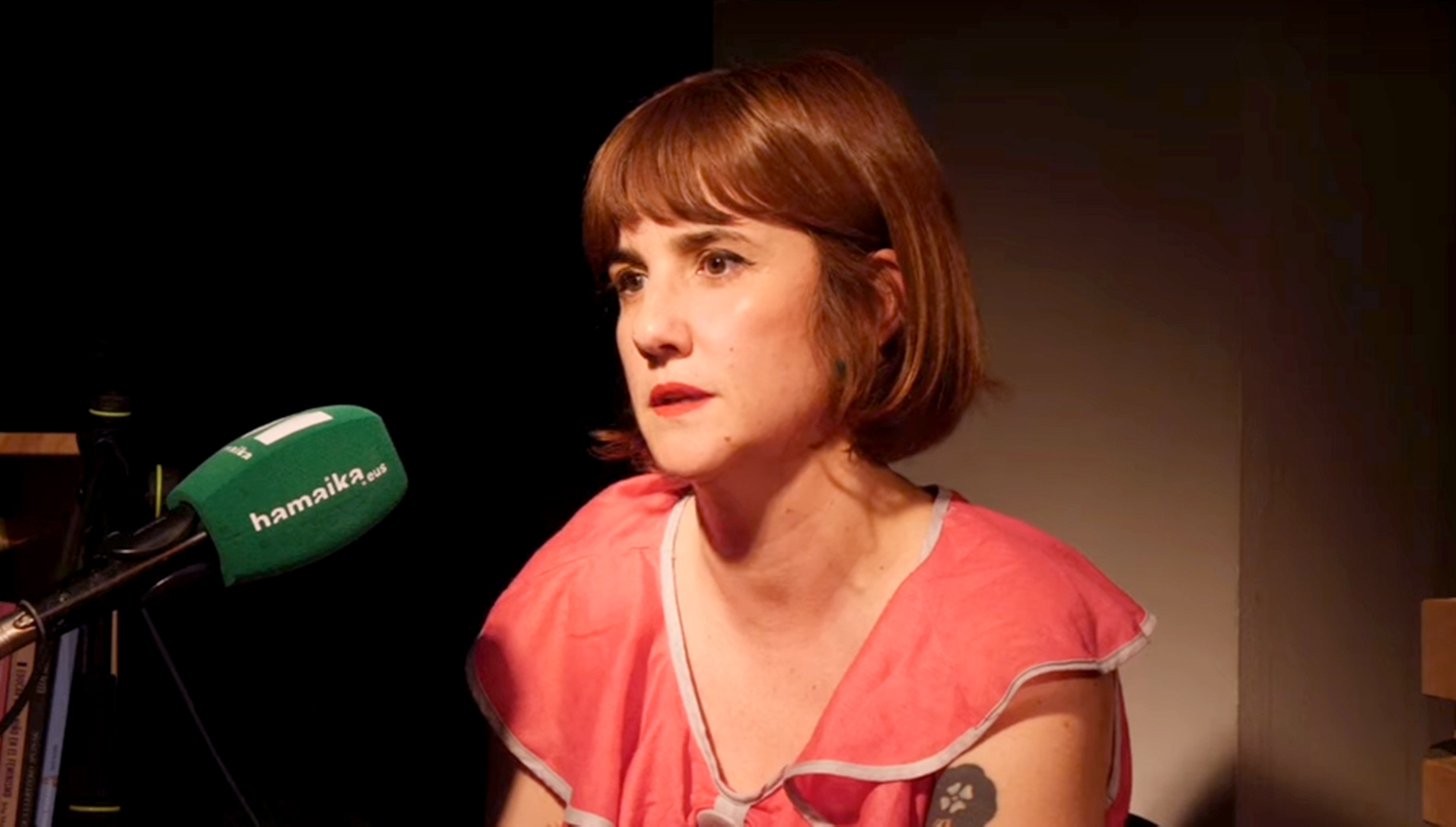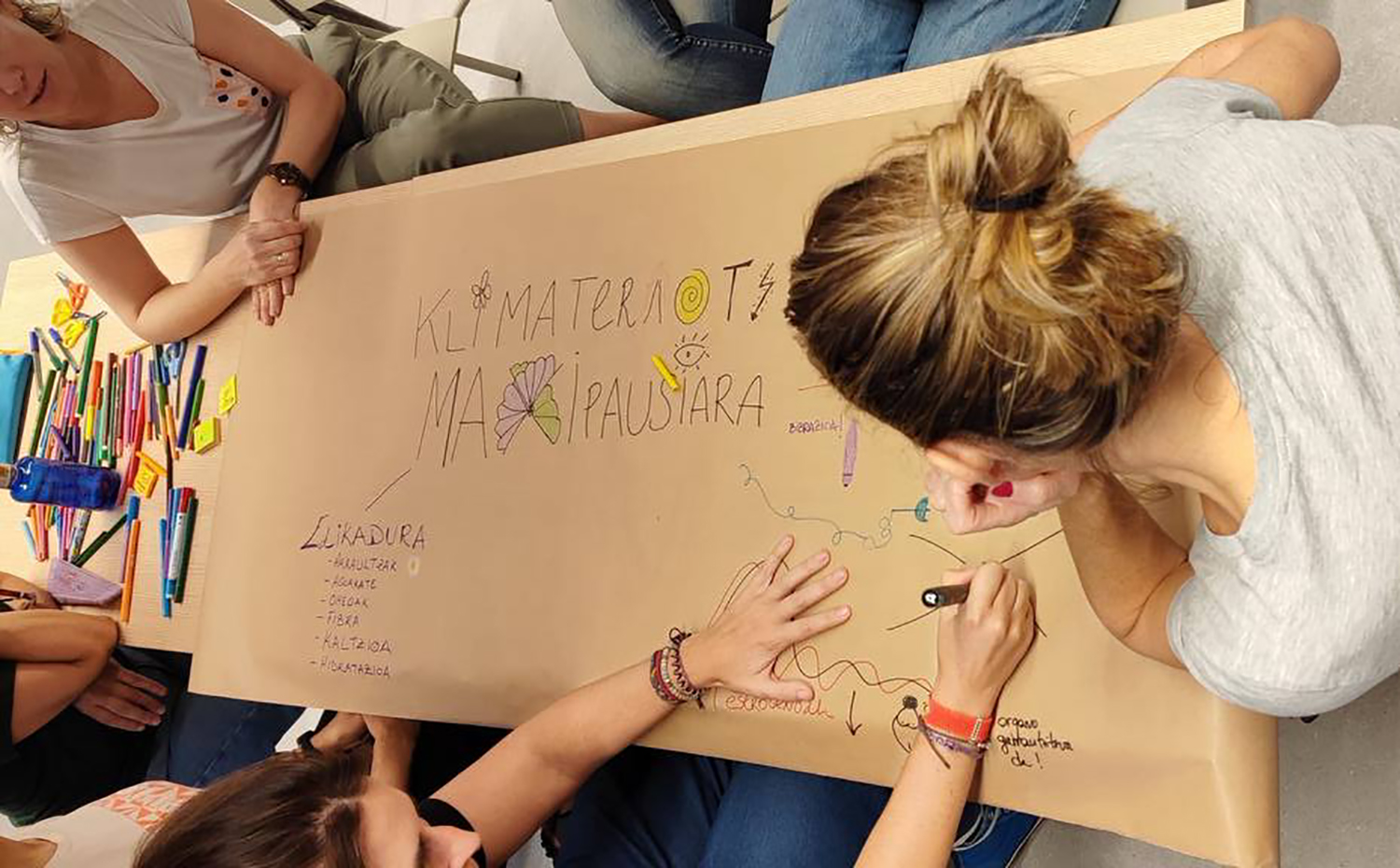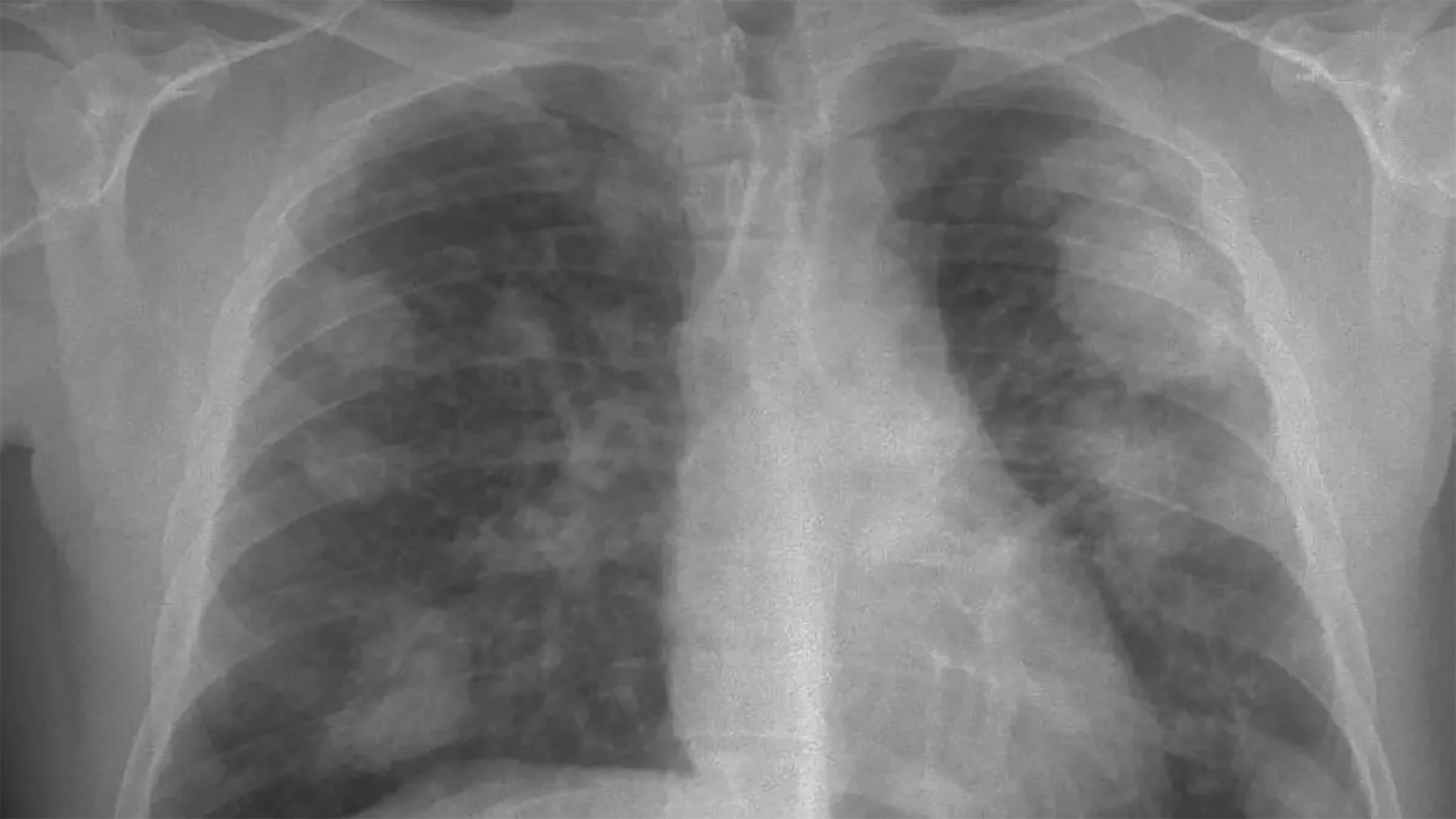Facing rare disease and ignorance
- The loss of the auditory and visual nerves, diabetes mellitus and insipid, neurogenic bladder… are the consequences of Wolfram syndrome. However, those of us who suffer not only have to deal with them, but also with ignorance, as it is a rare disease and no one knows it.
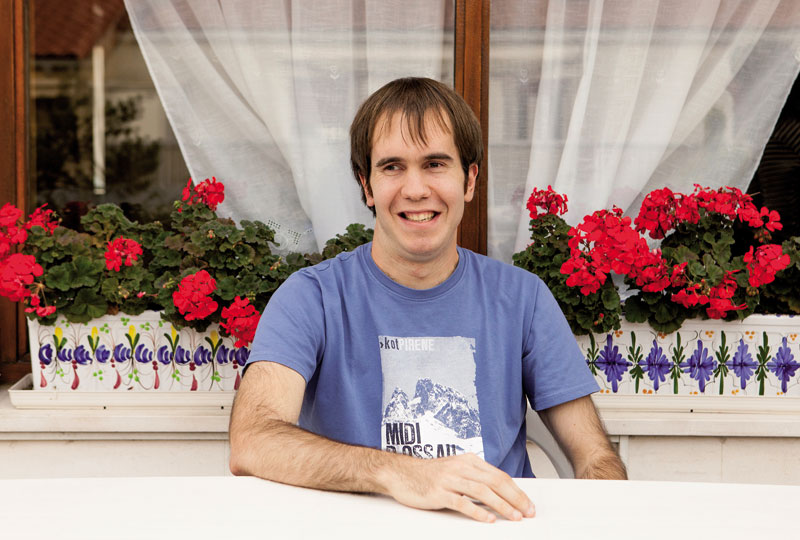
Wolfram syndrome is a neurodegenerative disease that often occurs in men and women. Although the order of symptoms may vary from patient to patient, the disease begins to develop progressively from childhood. The first consequences are diabetes mellitus of the first type, loss of the visual and auditory nerves, and diabetes insipidus that prevents fluid from keeping the body. Subsequently, the neurogenic bladder develops, avoiding the interaction between the nervous system and the bladder, making it difficult to properly evacuate urine gradually. Other neurological problems such as balance, mobility, or swallowing difficulties may occur over time.
As has already been mentioned, the evolution of the disease from one patient to another changes substantially and the treatment becomes even more complicated. In my case, the first symptom that appeared to me at 4 years of age was diabetes mellitus of the first type. Although over time I've realized it's the mildest consequence of the syndrome, as usual, at that age it caused me a lot of pain and worry. Soon after, my parents and the teachers at the ikastola realized that I saw and heard less than usual, and that that loss was on the rise. At the time he realized that something strange was happening. At the age of 6, I spent two weeks at the Hospital de San Juan de Deu in Barcelona to find out what the disease was. The result was clear: [Wolfram syndrome]. But in addition to the name, we knew nothing, since nobody gave us a satisfactory explanation of the disease. “You can’t do anything, you can be blind and deaf,” he was the only one who told the parents.
As a child, I was not directly informed of the situation and over time I was relating the symptoms that had appeared successively with the disease. At first, though, naturally, parents were the ones who experienced the most concerns and fears. We spent the following years searching for remedies for this strange disease; we wanted to hinder its development at all costs. To do so, we are also dealing with all kinds of alternative medicine. And the fourth symptom appears: diabetes insipidus makes it difficult to maintain fluids in the body. I started noticing the effect mainly at night. The difficulty of keeping fluids forced me to go to the toilet five or six times in the evening, hindering my rest. Fortunately, it has a fairly effective treatment, and I have managed to make the problem more bearable.
Later, when I was 21 years old and already blind, I realized that I had problems in the bathroom. The urologist told me that I would have to start probing. The experience was not very nice and I spent a month with the probe, suffering from two kidney infections. Seen this, another urologist suggested that I start again without a probe. However, this forces me to spend 10 to 15 minutes each time I go to the bathroom.
Culprit mutations
Like many rare diseases, Wolfram syndrome is the result of a genetically transmitted mutation from generation to generation. In particular, the mutation in the gondola that encodes the protein called wolframin is the cause of the disease and for its development it is necessary to collect damaged genes from the father and mother. The function of wolframin in cells is not very clear. As has been seen, in cases where it is not completed correctly, the cells do not function well and the body puts in place mechanisms to break them down. The process occurs in the cells of the pancreas that are responsible for the secretion of insulin, but it is not clear whether it also occurs in neurons. Thus, in cases where the disease develops, the tungsten is not synthesized correctly, and depending on the type of generic mutation, one or another variant of the syndrome appears.
In the Spanish state, the Virginia Nunes team of the genetics department of the Duran i Reynals Hospital of L’Hospitalet is currently in charge of investigating Wolfram syndrome. According to the researcher of his group Miguel López de Heredia, in 2009, when the groups working in this field met, the research received a great boost. Currently, López de Heredia points out that there are three branches of research: on the one hand, the relationship between the function of the wolframin in the cell and the type of mutation in its gene are being investigated; on the other hand, the indicators that would facilitate the diagnosis and monitoring of the disease are being investigated; and, finally, a treatment is being sought to face the effects of the disease. In addition, as in the case of all rare diseases, work is under way to create a register of patients that would be of great help. “These records help us learn about the natural history of the disease, discovering the connections between its symptoms and the type of mutation.” As a result of the crisis, aid for this type of disease is unfortunately being reduced considerably in favour of those with the greatest media impact.
Need for adaptation
For someone who sees the disease from the outside, vision and hearing loss is the most damaging effect of Wolfram syndrome. The truth is, it's a hard blow to know that you can stay blind and deaf. Fortunately, hearing loss has a solution. If we develop a hearing that can't be recovered with hearing aids, there are cochlear implants, and knowing that you won't completely lose your ear is very reassuring. As for the view, when I was 21, I was completely blind. This requires continuous adaptation, leaving aside some customs and hobbies, and dedicating itself to others.
Instead of suddenly becoming blind, a gradual loss of sight can mean advantages and disadvantages. A sudden blind man has to be very hard, because in a few days you go from being able to do anything to being unable to do anything. It's true that if you try to do it without seeing, you can learn to do a lot of things that seem impossible, but that's the initial feeling. Losing sight gradually allows you to unwind, but it can also be harder from a psychological point of view, as you notice that you are losing one of your abilities every day. What's most worrying is figuring out if that loss is going to have a hit or how far it's going to go. There is no doubt that the help and support of the people in the area is essential.
Personally, it's harder to hear than to be blind. Where there are a lot of people, I find it hard to understand what those around me say; although I'm surrounded by people, I don't understand anything and often feel like I'm alone. In these cases, it's very thankful that someone next door tells you what you're talking about from time to time. Likewise, the neurogenic bladder becomes an important obstacle. Not urinating normally anywhere is more than a drawback.
In search of reference
When a disease is diagnosed, the patient and his relatives want information about it. This information is the first of the missing information for people suffering from Wolfram syndrome: what symptoms it will have, what evolution the disease has, what doctor it goes to… It is the problem of all rare diseases, as very few doctors suffer them, and that makes it difficult to follow up and treat properly.
In my case, my parents knew that in the Basque Country there were other people with the syndrome and that all of them received the attention of the same neurologist. So we had news from Javier Ruiz. In Euskal Herria, Ruiz is one of the best known for the disease, and although he does not have concrete data, he assures that in total there can be about ten cases in Euskal Herria. However, there may be people who do not know they have the syndrome. Javier Ruiz stresses that currently the disease has no cure or effective treatment: “There are still many unknown points about its origin and evolution, and because it is a syndrome that affects many body systems, complexity is even greater.” The key is early detection of the disease, which today is the most difficult, as most doctors do not know Wolfram syndrome.
Through Javier Ruiz, we learned that Dr. Gema Esteban of Almería (Spain) had made a thesis about the disease and we contacted him. We are very grateful to have a reference, and with this objective we reactivate the Wolfram State Association of Syndrome, created by this physician in 1999. Although it has recently been suspended by the cuts in the crisis, three years ago, at the initiative of this association, the unit of reference of the disease was created in the Hospital de la Inmaculada de Huercal-Overa, in Almería. Every year, for three or four days, all of us who had the disease approached us and passed tests from neurologists, endocrines, urologists and other doctors. There were also two high-level doctors in the research, English Timothi Barret and French ophthalmologist Christian Hamel. Their responses, however, caused us sadness and disillusion. For example, when we wonder about the benefits of taking some medicines that some experts recommend for treating the disease, we only get the answer “it’s not clear, it’s not going to hurt.”
Often, in fact, there's a tendency to stick to research, and then there's despair. We still know little about Wolfram syndrome and, instead of waiting for studies to achieve something effective, it seems more reasonable for patients to try to make a “as normal as possible” life with all its limits and symptoms. Public institutions, while supporting research, should also provide the necessary means to facilitate the lives of patients.
The health problem… and economic Some of the medicines recommended for treatment are
not paid for by social security, which is an economic burden. To this must be added the pharmaceutical repayment, since according to the new law we are also obliged to pay part of the medicines for the chronically ill. In addition, to deal with hearing problems, we need hearing aids, and we have to pay out of our pocket for alternative treatments like acupuncture, which combined with traditional medicine can have beneficial effects. In theory, aid for the disabled is intended to cover those additional costs to which a particular disability is affected. But it is nothing more than a patch of the system to cover its deficiencies, as no salary, however small, can be paid to access these subsidies. The rule does not take into account that the salary that can be sufficient to live for another citizen is not enough for us, as often without subsidies we cannot cope with the extra expenses we have for the disabled.
In conclusion, as “invalid”, I would also like to point out another obstacle at the administrative level. In fact, in many scholarships and public calls for employment there is no mention of people with disabilities, or in those cases where this is done, it is not often taken into account. And I'm not asking for favoritism: reaching a certain degree of incapacitated requires more effort than anyone else's, and the public administration, to the extent that it supposedly defends equal opportunities, should also take this into account.











.jpg)

